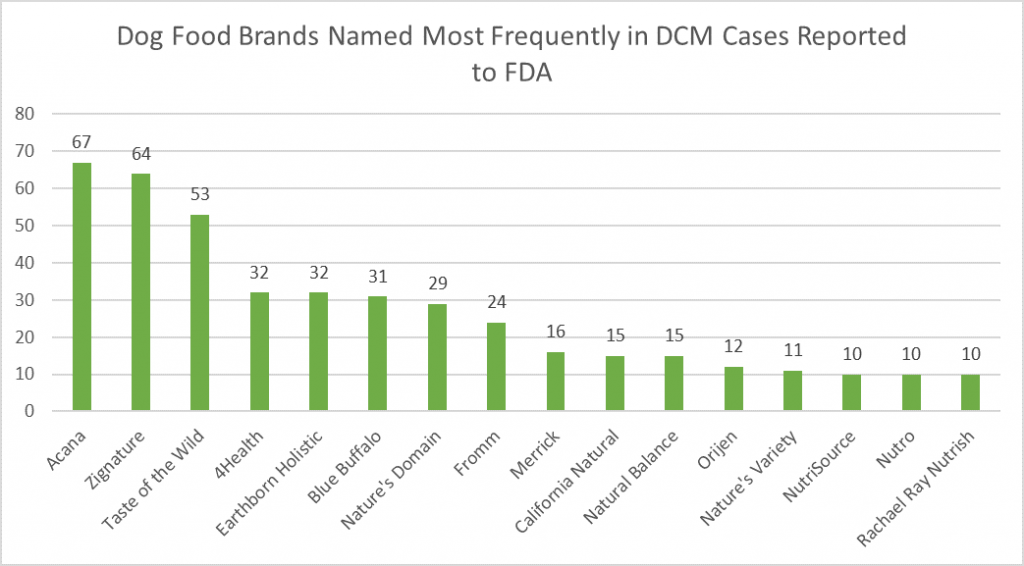Be careful about xylitol hidden in foods – including ice cream and peanut butter!
Watch this public service video from the FDA released in 2019:
original post from 2017 on this topic:
A citywide alert went out for pet owners in Alameda, California about Xylitol a sugar supplement.
“Yesterday Benny, a 2-year-old dog that lives here in Alameda, ate a cupcake out of the compost that contained xylitol and passed away,” the Sept. 5 alert to residents said. “While heartbroken, the family wants to make sure that other dog owners are aware of this poison.”
Dr. Michael Miller, a veterinary at Providence Veterinary Hospital & Clinic in Alameda, explained in the alert that xylitol is extremely toxic to dogs and can be found in chewing gum, breath mints, peanut butter and nasal sprays.
“It’s best to avoid xylitol completely and use other sugar substitutes,” Miller said in the alert. “If you cannot avoid using products containing xylitol, then make absolutely sure they are stored safely out of reach of your pets.”
The family said Benny started vomiting after he ate the cupcake, so he called his mom to find out what ingredients she made them with. Once he started Googling potential symptoms, he rushed Benny to the veterinarian but it was too late.“He was the best dog every“ So happy when we came home. So unfair to lose him at 2 years old.”
Xylitol is extremely toxic to dogs. Even small amounts of xylitol can cause hypoglycemia (low blood sugar), seizures, liver failure or even death in dogs.
Do not induce vomiting or give anything orally to your dog unless specifically directed to do so by your veterinarian. It is important to get treatment for your dog as quickly as possible. As some dogs may already be hypoglycemic, inducing vomiting can make them worse!
If you suspect that your pet has eaten a xylitol-containing product, please contact your veterinarian immediately or call the
PET POISON HELPLINE 800-213-6680 OR www.petpoisonhelpline.com

